What treatment
10+ Highly Rated Stem Cell Therapy for Ataxia Clinics in India
Reach Out to These Certified Stem Cell Therapy for Ataxia Clinics List in India Loved by Patients!
GIOSTAR Hospital Bengaluru
Overview
Discover GIOSTAR Hospital in Bengaluru, India—your go-to center for advanced stem cell therapies and cutting-edge procedures for orthopaedics. Explore treatments for diabetes, stroke, SCI, and more.
Read more details
Dr. Pravin Patel's Innovative Hospital & Research Center
Overview
Dr. Pravin Patel's Innovative Hospital provides best stem cell treatment in Gujarat, India. Also offers Ozone therapy, Quantum therapy , EBOO therapy, Frequency & Laser Therapy at affordable cost.
Read more details
StemRx Hospital and Research Centre
Overview
At StemRx Hospital & Research Centre, We specialize in advanced Regenerative Medicine & Stem Cell therapy for Autism, Cerebral Palsy, Orthopedics, Migraine, AVN & IVF providing personalized care.
Read more details
ReeLabs Stem Cells in Mumbai, India
Overview
ReeLabs provides advanced Stem Cell Mumbai services, including stem cell banking and therapy for safe preservation and future medical use.
Read more detailsDiscover your treatment options with a free, no-obligation quote!
Get your quote now!Viecell Institute of Regenerative Medicine
Overview
Discover Viecell Institute in Surat, Gujarat, India, for cutting-edge stem cell therapy. Transforming health with advanced regenerative solutions.
Read more detailsAutoStem Laboratories
AutoStem Laboratories provides top-rated stem cell therapy treatments in Chennai, India. They provide treatments for various health conditions such as Spinal Cord injury, Alzheimer's, Parkinsonism, ALS, Demyelination disorders, Peripheral Neuropathy, Myocardial Infarction, Liver Disorders, Diabetes, Arthritis, Infertility, Autoimmune and Inflammatory disorders.
ICAM Wellcare Clinic
ICAM Wellcare Clinic provides best Stem Cell in Bengaluru India. Book now Regenerative Therapy for Cancer, Weight Loss and Orthopedic at PlacidWay.
Stem Cell Cure India
Stem Cell Cure India is the best medical center for the Stem Cell Treatment in New Delhi, India. You can get the best treatment for Autologous Stem Cells, Allogenic Stem Cells, and Umbilical Cord Blood at Stem Cell Cure India. Find and compare your treatment options here.
Discover your treatment options with a free, no-obligation quote!
Get your quote now!Revita Lifesciences / HB Specialty Hospital & Research Institute
Stem Cell Therapy in Rudrapur, India by Revita Lifesciences offers proven, reliable treatment for patients seeking maximum improvement.
HELENE - Stem Cell Clinic
Overview
Japan Regenerative Medicine Leading Brand With over a decade of experience and more than 16,000 treated patients. Providing cutting-edge stem cell therapies tailored to various health concerns.
Read more details
Vega Stem Cell Clinic in Bangkok Thailand
Overview
Vega Clinic in Bangkok, Thailand, helps people feel better with special treatments. They use new ways to heal and make sure each person gets care made just for them.
Read more details
Dr. Ebenezer Abel Paul - Stem Cells in Malaysia
Overview
Explore Stem Cells in Malaysia with Dr. Ebenezer Abel Paul, offering cutting-edge regenerative therapies and advanced stem cell treatments.
Read more details
FirstCell Malaysia
Overview
FirstCell specialize on cell-based medicine and treatments especially via MSC and NKC to enhance wellness and for targeted treatment modules. We are committed in delivering excellent treatment.
Read more details
Live Stem Cell Asia - Premier Stem Cell Clinic in Malaysia
Overview
Discover advanced stem cell Malaysia treatments at Live Stem Cell Asia, Petaling Jaya. Experience personalized care and innovative regenerative solutions.
Read more details
Klinik Setia Gemilang
Overview
Klinik Setia Gemilang: Leading in stem cell therapy, orthopedic treatments, and anti -ageing solutions Malaysia . It is part of Setia Gemilang Medicare which houses a clinic and dentist
Read more detailsBeike Biotech
Overview
Beike Biotechnology offers the best stem cell therapy in Thailand, combining top-quality regenerative treatment with cutting-edge technology for optimal patient care.
Read more detailsBoston Health Longevity - Anti Aging Stem Cell Therapy in Thailand
Overview
Experience advanced Anti Aging Stem Cell Therapy in Thailand at Boston Health Longevity. Improve cellular health, vitality, and longevity with expert care.
Read more detailsChaum Medical Center
Overview
Premium healthcare at Chaum Medical Center, Seoul. Personalized anti-aging, stem cell therapy, and advanced medical services for a youthful life.
Read more detailsHebei Yanda International Hospital
Overview
Hebei Yanda International Hospital in Beijing, China, addresses your healthcare needs with expert oncology, cardiology, and neurology treatments.
Read more detailsMousai Wellness Center - Stem Cell Bangkok Thailand
Overview
Discover advanced Stem Cell treatments in Bangkok, Thailand at Mousai Wellness Center. Safe, innovative, and personalized care for lasting wellness.
Read more detailsWhich are the best Stem Cell Therapy for Ataxia clinics in India?
For Stem Cell Therapy for Ataxia in India, top-rated facilities include GIOSTAR Hospital Bengaluru, Dr. Pravin Patel's Innovative Hospital & Research Center in Vadodara, and StemRx Hospital and Research Centre in Mumbai. These clinics are well-regarded for their specialized regenerative medicine programs, patient care quality, and positive outcomes in treating neurological conditions like ataxia, making them excellent choices for those seeking advanced treatment options.
When searching for the best clinics for Stem Cell Therapy for Ataxia in India, prospective patients often consider reputation, patient testimonials, and specialized services. Based on available information and patient feedback, several facilities stand out:
- GIOSTAR Hospital Bengaluru: Located in Bengaluru, this hospital is known for its advanced stem cell therapies and regenerative medicine, often incorporating innovative approaches for neurological conditions. They have received positive patient recommendations.
- Dr. Pravin Patel's Innovative Hospital & Research Center: Situated in Vadodara, this center offers a range of regenerative therapies including stem cell treatments for various conditions, with a high patient recommendation rate.
- StemRx Hospital and Research Centre: Located in Mumbai, this facility specializes in regenerative medicine and stem cell therapy, attracting patients seeking advanced treatments for complex conditions including neurological disorders. They also have a strong patient recommendation record.
Other notable clinics offering stem cell therapy in India include Viecell Institute of Regenerative Medicine in Surat, AutoStem Laboratories in Chennai, ICAM Wellcare Clinic in Tumkur, Stem Cell Cure India in New Delhi, and Revita Lifesciences / HB Specialty Hospital & Research Institute. Always research thoroughly and consider consultations to find the best fit for your specific needs.
What criteria should I use to select a Stem Cell Therapy for Ataxia clinic in India?
When choosing a Stem Cell Therapy for Ataxia clinic in India, prioritize facilities with recognized accreditations like NABH, experienced regenerative medicine specialists, transparent treatment protocols, advanced laboratory capabilities for stem cell processing, and strong patient testimonials demonstrating favorable outcomes for neurological conditions. Clinical trial participation and comprehensive post-treatment care are also important.
Selecting the right clinic is crucial for effective Stem Cell Therapy for Ataxia. Consider these criteria:
- Accreditation and Licensing: Look for clinics accredited by national bodies like the National Accreditation Board for Hospitals & Healthcare Providers (NABH) or international organizations, ensuring adherence to quality and safety standards for regenerative medicine.
- Specialized Expertise: Confirm that the medical team, including neurologists and regenerative medicine specialists, has specific experience and training in treating ataxia with stem cells. Inquire about their track record with similar neurological cases.
- Stem Cell Protocols: Understand the types of stem cells used (e.g., mesenchymal stem cells, autologous, allogeneic), their source, processing methods, and administration techniques. Reputable clinics will have clearly defined and evidence-based protocols.
- Facility and Technology: Assess the clinic’s infrastructure, including state-of-the-art diagnostic equipment, advanced stem cell laboratories, and sterile operating environments, which are critical for safe and effective neurological treatment.
- Patient Testimonials and Outcomes: Review genuine patient success stories and inquire about published data or internal audits on treatment outcomes for ataxia patients. This provides insight into the clinic’s effectiveness and patient satisfaction.
- Comprehensive Care: A good clinic offers integrated care, including pre-treatment evaluation, the therapy itself, and a robust post-treatment rehabilitation plan tailored for neurological recovery.
Are Stem Cell Therapy for Ataxia clinics in India regulated?
Yes, Stem Cell Therapy clinics in India are regulated by national authorities such as the Indian Council of Medical Research (ICMR) and the Central Drugs Standard Control Organization (CDSCO). These bodies issue guidelines to oversee research and clinical applications, aiming to ensure ethical practices and patient safety for regenerative treatments, particularly for complex neurological conditions like ataxia.
The regulatory landscape for stem cell therapy in India has evolved to ensure patient safety and ethical standards.
- ICMR Guidelines: The Indian Council of Medical Research has established comprehensive guidelines for stem cell research and therapy. These guidelines cover areas such as the types of stem cells permitted for clinical use, research protocols, and ethical considerations.
- CDSCO Oversight: The Central Drugs Standard Control Organization plays a role in regulating stem cell-based products, treating them similarly to other drugs under the Drugs and Cosmetics Act. This ensures quality control and appropriate clinical application.
- Ethical Committees: All clinics and research institutions conducting stem cell work must have an Institutional Ethics Committee (IEC) to approve protocols and monitor compliance with national guidelines.
- Patient Awareness: It is crucial for patients seeking Stem Cell Therapy for Ataxia to choose clinics that transparently adhere to these national guidelines and openly discuss their regulatory compliance. This helps ensure that the treatment received is both safe and scientifically sound.
What types of stem cells are used for Ataxia treatment in Indian clinics?
Indian clinics treating Ataxia primarily utilize adult stem cells, including mesenchymal stem cells (MSCs) derived from bone marrow or adipose tissue, and sometimes hematopoietic stem cells. Umbilical cord blood stem cells are also increasingly used. These are favored due to their regenerative and immunomodulatory properties, which are beneficial for neurodegenerative conditions.
For individuals seeking Stem Cell Therapy for Ataxia, clinics in India typically employ specific types of stem cells known for their therapeutic potential in neurological conditions:
-
Mesenchymal Stem Cells (MSCs): These are the most common type used. MSCs are multipotent stromal cells that can differentiate into a variety of cell types. They are highly valued for their immunomodulatory, anti-inflammatory, and neurotrophic properties, which help protect existing neurons and promote new cell growth. They can be sourced from:
- Bone Marrow: A common and well-established source.
- Adipose (Fat) Tissue: Another rich and easily accessible source.
- Hematopoietic Stem Cells (HSCs): Found in bone marrow and peripheral blood, these cells are primarily responsible for forming blood components but also show potential in neurological repair.
- Umbilical Cord Blood Stem Cells: These are neonatal stem cells known for their high plasticity and low immunogenicity, making them a promising option for allogeneic (donor-derived) treatments without significant rejection risks.
- Neural Stem Cells (NSCs): While more challenging to harvest and culture, research is ongoing into their direct application for neurological regeneration, though they are less common in routine clinical practice for ataxia.
The choice of stem cell type often depends on the patient's specific ataxia diagnosis, disease progression, and the clinic's specialized protocols.
What support services do Indian Ataxia stem cell clinics typically offer?
Indian Ataxia stem cell clinics typically offer a holistic approach to patient care, extending beyond the core treatment. This often includes comprehensive rehabilitation like physiotherapy, occupational therapy, and nutritional counseling. Many also provide travel assistance, accommodation arrangements, and language support, crucial for international patients seeking neurological treatment abroad.
Clinics specializing in Stem Cell Therapy for Ataxia in India understand that comprehensive support is vital for patient recovery and overall well-being. Common support services include:
-
Personalized Rehabilitation Programs:
- Physiotherapy: Tailored exercises to improve balance, coordination, strength, and gait.
- Occupational Therapy: Focuses on regaining daily living skills and adapting to any lingering functional limitations.
- Speech Therapy: For patients experiencing dysarthria or swallowing difficulties related to ataxia.
- Neurological Rehabilitation: Specialized programs designed to stimulate neural pathways and maximize functional improvements post-treatment.
- Nutritional Guidance: Diet plans optimized to support neurological health and overall recovery.
- Psychological Counseling: Support for patients and their families coping with the emotional challenges of a chronic neurological condition.
- Patient Education: Detailed information about ataxia, stem cell therapy, expected outcomes, and lifestyle adjustments.
-
Logistical Support (especially for international patients):
- Visa assistance and travel arrangements.
- Airport transfers and local transportation.
- Accommodation options for patients and accompanying family members.
- Language interpretation services.
- Follow-up Care: Protocols for monitoring progress, typically involving regular check-ups and communication with the medical team after returning home.
How do I verify the credentials of a stem cell clinic for Ataxia in India?
To verify an Indian Ataxia stem cell clinic's credentials, confirm national accreditations (like NABH/NABL), check for regulatory body registration (ICMR/CDSCO), and thoroughly review the qualifications and specific experience of their physicians in regenerative neurology. Also, look for transparent reporting of clinical trials, ethical committee approvals, and authentic patient testimonials to ensure a reputable facility for neurological treatment.
Ensuring a clinic's legitimacy and expertise is paramount when considering Stem Cell Therapy for Ataxia. Here are key steps to verify their credentials:
-
Accreditation and Certification:
- NABH/NABL: Check for accreditation by the National Accreditation Board for Hospitals & Healthcare Providers (NABH) or National Accreditation Board for Testing and Calibration Laboratories (NABL), which signify adherence to quality and safety standards.
- International Accreditations: Some clinics might also hold international certifications (e.g., JCI), further validating their global standards.
-
Regulatory Compliance:
- Confirm that the clinic operates under the guidelines set by the Indian Council of Medical Research (ICMR) and the Central Drugs Standard Control Organization (CDSCO).
- Inquire about their Institutional Ethics Committee (IEC) approvals for their specific stem cell protocols.
-
Physician Qualifications:
- Verify the credentials of the lead physicians and specialists. Look for board certifications, specialized training in neurology and regenerative medicine, and extensive experience in treating ataxia.
- Research their professional affiliations, publications, and participation in scientific conferences related to stem cell therapy for neurological conditions.
-
Transparency and Evidence:
- A reputable clinic will provide clear information about their stem cell sources, processing, and administration methods.
- They should be able to share data, outcomes, or participation in registered clinical trials relevant to ataxia. Be wary of clinics promising guaranteed cures without scientific backing.
-
Patient Feedback:
- Seek out verified patient testimonials and reviews on independent platforms. This offers insights into actual patient experiences and satisfaction with the treatment and care provided.
What should I expect during a consultation at an Indian Ataxia stem cell clinic?
During a Stem Cell Therapy for Ataxia consultation at an Indian clinic, anticipate a thorough review of your medical history, current neurological status, and diagnostic reports. The specialists will discuss your specific ataxia type, explain personalized treatment options, outline the procedure, potential benefits, realistic outcomes, and address all your concerns about the regenerative therapy and subsequent care.
A consultation at an Indian clinic for Stem Cell Therapy for Ataxia is a critical step in understanding your treatment options. Here’s what you should typically expect:
- Comprehensive Medical Review: The medical team will meticulously go over your complete medical history, including your ataxia diagnosis, symptom onset, progression, and any previous treatments.
- Neurological Assessment: A physical and neurological examination will be conducted to assess your current motor skills, balance, coordination, speech, and overall functional abilities related to your ataxia.
- Diagnostic Test Review: Be prepared to share all relevant diagnostic reports, such as MRI scans of the brain or spinal cord, genetic test results for ataxia subtypes, and any other relevant lab work. The specialists will analyze these to understand your disease stage and suitability for stem cell therapy.
-
Detailed Treatment Discussion:
- The physician will explain the recommended stem cell therapy protocol, including the type of stem cells to be used, their source (e.g., bone marrow, adipose tissue), and the method of administration.
- They will clarify the scientific basis of the therapy, expected duration of treatment, and potential benefits and risks specific to your condition.
- Realistic Outcome Expectations: Reputable clinics emphasize setting realistic expectations. They will discuss what improvements are realistically achievable for your specific type and stage of ataxia, often focusing on symptom management and quality of life enhancements rather than a "cure."
- Q&A Session: This is your opportunity to ask all your questions regarding the procedure, recovery, safety, logistics, and follow-up care. A good clinic will patiently address all your concerns.
Are there rehabilitation programs available at Ataxia stem cell clinics in India?
Yes, many leading Stem Cell Therapy for Ataxia clinics in India integrate comprehensive rehabilitation programs into their treatment plans. These programs typically involve specialized physiotherapy, occupational therapy, and neurological exercises designed to maximize functional recovery, improve motor skills, and enhance overall quality of life following regenerative treatments for ataxia.
Post-treatment rehabilitation is a cornerstone of comprehensive care for patients undergoing Stem Cell Therapy for Ataxia in India. These programs are vital for enhancing the benefits of stem cell therapy and helping patients adapt to any functional improvements.
- Integrated Approach: Many specialized clinics offer in-house or coordinated rehabilitation services, ensuring a seamless transition from stem cell administration to active recovery.
-
Tailored Physiotherapy: Therapists design individualized exercise regimens to:
- Improve balance and stability.
- Strengthen core and limb muscles.
- Enhance gait and coordination.
- Increase flexibility and range of motion.
-
Occupational Therapy: This focuses on practical daily activities, helping patients:
- Regain independence in self-care tasks.
- Learn adaptive techniques for eating, dressing, and hygiene.
- Utilize assistive devices effectively.
- Neurological Rehabilitation: These programs employ specialized techniques to stimulate neuroplasticity and reinforce newly formed neural connections, crucial for sustained improvements in neurological conditions like ataxia.
- Speech and Swallowing Therapy: If ataxia affects speech (dysarthria) or swallowing (dysphagia), dedicated therapists work to improve communication clarity and safe eating.
- Long-term Management: Clinics often provide guidance for continued rehabilitation at home or with local therapists to support ongoing recovery and maintain achieved improvements.
What are the reported outcomes for Stem Cell Therapy for Ataxia in Indian clinics?
Indian clinics offering Stem Cell Therapy for Ataxia generally report positive clinical outcomes, including improvements in balance, coordination, speech, and overall motor function, leading to an enhanced quality of life. The degree of improvement can vary significantly among patients, depending on the specific type of ataxia, its stage, and individual response to the regenerative treatment.
When considering Stem Cell Therapy for Ataxia, understanding reported outcomes from Indian clinics is essential for setting realistic expectations:
-
Functional Improvements: Many clinics document improvements across various functional scales. Patients often report:
- Improved Balance and Gait: Enhanced stability and reduced falls.
- Better Coordination: Increased ability to perform fine motor tasks.
- Clearer Speech: Reduction in dysarthria (slurred speech).
- Reduced Swallowing Difficulties: Easier and safer intake of food and liquids.
- Enhanced Quality of Life: Overall improvement in daily activities and independence.
- Symptom Stabilization: In some cases, the therapy aims to halt or significantly slow the progression of ataxia symptoms, which is a crucial outcome in neurodegenerative diseases.
-
Variable Responses: It's important to note that individual patient responses can vary widely. Factors influencing outcomes include:
- The specific genetic subtype of ataxia.
- The stage of the disease at the time of treatment.
- Patient age and overall health.
- Adherence to post-treatment rehabilitation protocols.
- Emphasis on Quality of Life: For many ataxia patients, even modest improvements in core symptoms can lead to significant enhancements in their daily living and overall well-being. Clinics typically highlight these quality of life outcomes.
Patients are encouraged to have thorough discussions with clinics about their specific outcome data, potential benefits, and any associated risks based on their individual ataxia profile.
What pre-treatment evaluations are common at Ataxia stem cell clinics in India?
Before Stem Cell Therapy for Ataxia in India, clinics conduct extensive pre-treatment evaluations. These typically include detailed neurological examinations, genetic testing to pinpoint the ataxia type, comprehensive blood tests to assess general health, and advanced imaging such as MRI or CT scans. These steps ensure accurate diagnosis, evaluate disease progression, and confirm patient suitability for regenerative medicine, tailoring the most effective treatment plan.
A thorough pre-treatment evaluation is a crucial step for any reputable Stem Cell Therapy for Ataxia clinic in India to ensure patient safety and optimize treatment outcomes. Common evaluations include:
-
Detailed Medical History and Physical Examination:
- Review of the patient's entire medical record, including family history of neurological disorders.
- A comprehensive physical examination to assess overall health and identify any co-existing conditions.
-
Neurological Assessment:
- A specialized neurological examination to evaluate motor skills, coordination, balance, speech patterns, eye movements, and reflexes. This helps quantify the severity and specific manifestations of ataxia.
-
Genetic Testing:
- For many types of ataxia (e.g., spinocerebellar ataxias, Friedreich's ataxia), genetic testing is crucial to confirm the specific diagnosis and understand the underlying cause. This information can influence the treatment approach.
-
Blood Tests:
- A full panel of blood tests, including complete blood count (CBC), liver and kidney function tests, electrolyte levels, inflammatory markers, and tests for infectious diseases, to ensure the patient is healthy enough for the procedure.
-
Imaging Studies:
- Magnetic Resonance Imaging (MRI) or Computed Tomography (CT) scans: Of the brain and/or spinal cord to visualize structural changes, assess the extent of neurological damage, and rule out other conditions.
- Electrophysiological Studies (e.g., NCS/EMG): Nerve conduction studies (NCS) and electromyography (EMG) may be performed to assess nerve and muscle function, which can be affected in certain types of ataxia.
These evaluations help the medical team formulate a highly personalized and safe treatment plan, maximizing the potential benefits of stem cell therapy for each ataxia patient.
Is Stem Cell Therapy for Ataxia safe at Indian clinics?
The safety of Stem Cell Therapy for Ataxia at Indian clinics largely depends on selecting a reputable, accredited facility that adheres strictly to national regulatory guidelines set by ICMR and CDSCO. Such clinics prioritize patient screening, employ sterile practices, use clinically approved stem cell protocols, and monitor patients for adverse effects, making safety a primary concern in their regenerative medicine treatments.
When considering Stem Cell Therapy for Ataxia in India, safety is a natural and important concern. The safety profile of the treatment is highly dependent on the chosen clinic:
- Choose Accredited Clinics: Opt for clinics that are accredited by recognized national bodies like NABH (National Accreditation Board for Hospitals & Healthcare Providers) or international organizations. These accreditations signify adherence to strict quality and patient safety standards.
- Regulatory Compliance: Ensure the clinic operates within the guidelines set by the Indian Council of Medical Research (ICMR) and the Central Drugs Standard Control Organization (CDSCO). These regulations are designed to ensure ethical practices and minimize risks associated with stem cell applications.
- Sterile Environment and Procedures: Reputable clinics maintain highly sterile conditions in their laboratories and operating rooms to prevent infections during stem cell harvesting, processing, and administration.
- Experienced Medical Team: The expertise of the physicians and support staff is crucial. An experienced team will perform thorough patient screening, accurately administer the stem cells, and manage any potential complications effectively.
- Quality of Stem Cells: Inquire about the source and processing of stem cells. Clinics using autologous (patient's own) cells or rigorously screened allogeneic cells from certified labs generally offer a safer treatment.
- Potential Risks: As with any medical procedure, there are potential risks, though often minimal with adult stem cells. These can include allergic reactions, infection at the injection site, or minor discomfort. A transparent clinic will discuss all possible side effects.
Prioritize clinics that are transparent about their safety protocols, regulatory adherence, and provide detailed information about their procedures.
What is the typical recovery process after Stem Cell Therapy for Ataxia in Indian clinics?
After Stem Cell Therapy for Ataxia in Indian clinics, the typical recovery involves an initial observation period followed by a personalized rehabilitation regimen. Patients can expect a gradual improvement in symptoms, with noticeable changes often appearing weeks to months post-treatment. This period is crucial for maximizing functional gains, requiring adherence to physiotherapy, occupational therapy, and follow-up care for optimal neurological recovery.
The recovery process following Stem Cell Therapy for Ataxia in Indian clinics is a multi-phase journey aimed at optimizing the therapeutic effects of the treatment:
-
Immediate Post-Treatment Phase (Days to Weeks):
- Observation: Patients are typically monitored closely for a few days to a week after stem cell administration for any immediate reactions or side effects.
- Rest: Light activity is usually recommended, avoiding strenuous physical exertion.
- Minor Discomfort: Some patients may experience mild pain or bruising at the site of stem cell harvesting (e.g., bone marrow) or injection, which is usually manageable with over-the-counter medication.
-
Rehabilitation and Integration Phase (Weeks to Months):
- Intensive Rehabilitation: This is a critical component. Patients typically engage in personalized physiotherapy, occupational therapy, and potentially speech therapy. These sessions help retrain the brain and body, capitalize on the regenerative potential of the stem cells, and improve motor skills, balance, and coordination affected by ataxia.
- Gradual Improvements: The effects of stem cell therapy are rarely immediate. Patients often begin to notice subtle improvements in symptoms, such as better balance, enhanced fine motor skills, or clearer speech, several weeks to a few months post-treatment as the stem cells integrate and exert their regenerative effects.
-
Long-term Follow-up (Months to Years):
- Continued Therapy: Many patients benefit from continuing their rehabilitation exercises at home or with local therapists to sustain and further improve their functional gains.
- Regular Check-ups: Clinics usually establish a schedule for follow-up appointments, either in person or via telehealth, to monitor long-term progress, assess neurological status, and make any necessary adjustments to the care plan.
- Lifestyle Adjustments: Dietary recommendations and other lifestyle modifications might be suggested to support neurological health and overall well-being.
Patients should maintain open communication with their clinic during the recovery period to report any changes or concerns.
Are there ongoing clinical trials for Ataxia stem cell therapy in India?
Yes, India is actively involved in clinical research for neurological conditions, including Ataxia. While specific active trials can vary, many clinics and research institutions in India participate in studies exploring the efficacy and safety of various stem cell types and protocols for Ataxia. Patients interested in participating should consult directly with clinics or clinical trial registries for the most current information on regenerative medicine research.
India has emerged as a significant hub for medical research, including the field of regenerative medicine and Stem Cell Therapy for Ataxia.
- Active Research Landscape: Many academic medical centers and specialized clinics across India are involved in ongoing research to better understand ataxia and develop more effective stem cell-based treatments.
- Diverse Protocols: Clinical trials in India often investigate different sources of stem cells (e.g., autologous bone marrow mesenchymal stem cells, umbilical cord blood stem cells) and various administration routes to determine optimal safety and efficacy for different types of ataxia.
- Collaboration: Indian institutions frequently collaborate with international research organizations, contributing to a global understanding of neurological conditions and regenerative therapies.
-
How to Find Information:
- Clinical Trial Registries: Patients can search national and international clinical trial databases for ongoing or recruiting studies in India related to Stem Cell Therapy for Ataxia.
- Direct Clinic Inquiry: Reputable clinics actively engaged in research will often provide information about their participation in clinical trials. During a consultation, it's appropriate to ask about any ongoing studies and eligibility criteria.
- Importance of Ethical Approval: All clinical trials must have stringent ethical approvals from regulatory bodies like the ICMR and institutional ethics committees to ensure patient safety and adherence to scientific principles.
Participation in a clinical trial may offer access to cutting-edge treatments but also comes with specific protocols and potential uncertainties inherent in research.
How PlacidWay helps individuals access Stem Cell Therapy for Ataxia in India?
PlacidWay provides detailed, up-to-date information about Stem Cell Therapy for Ataxia, including benefits, risks, and expected outcomes, empowering you with knowledge. We help you compare treatment options across various clinics, ensuring you find affordable options without compromising on quality.
We assist in finding trusted, accredited clinics and experienced medical professionals specializing in Stem Cell Therapy for Ataxia in India, ensuring you connect with top experts. Our platform offers one-on-one consultations to help you make informed decisions about your treatment, ensuring your specific needs are met with personalized guidance.
PlacidWay ensures continued support after your treatment, including coordinating follow-up care and recovery assistance, so you're never alone in your healing journey.
Ready to get Stem Cell Therapy for Ataxia in India? Contact us today for a personalized consultation.











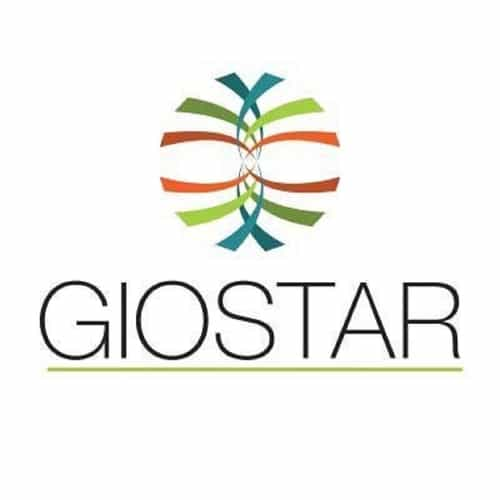
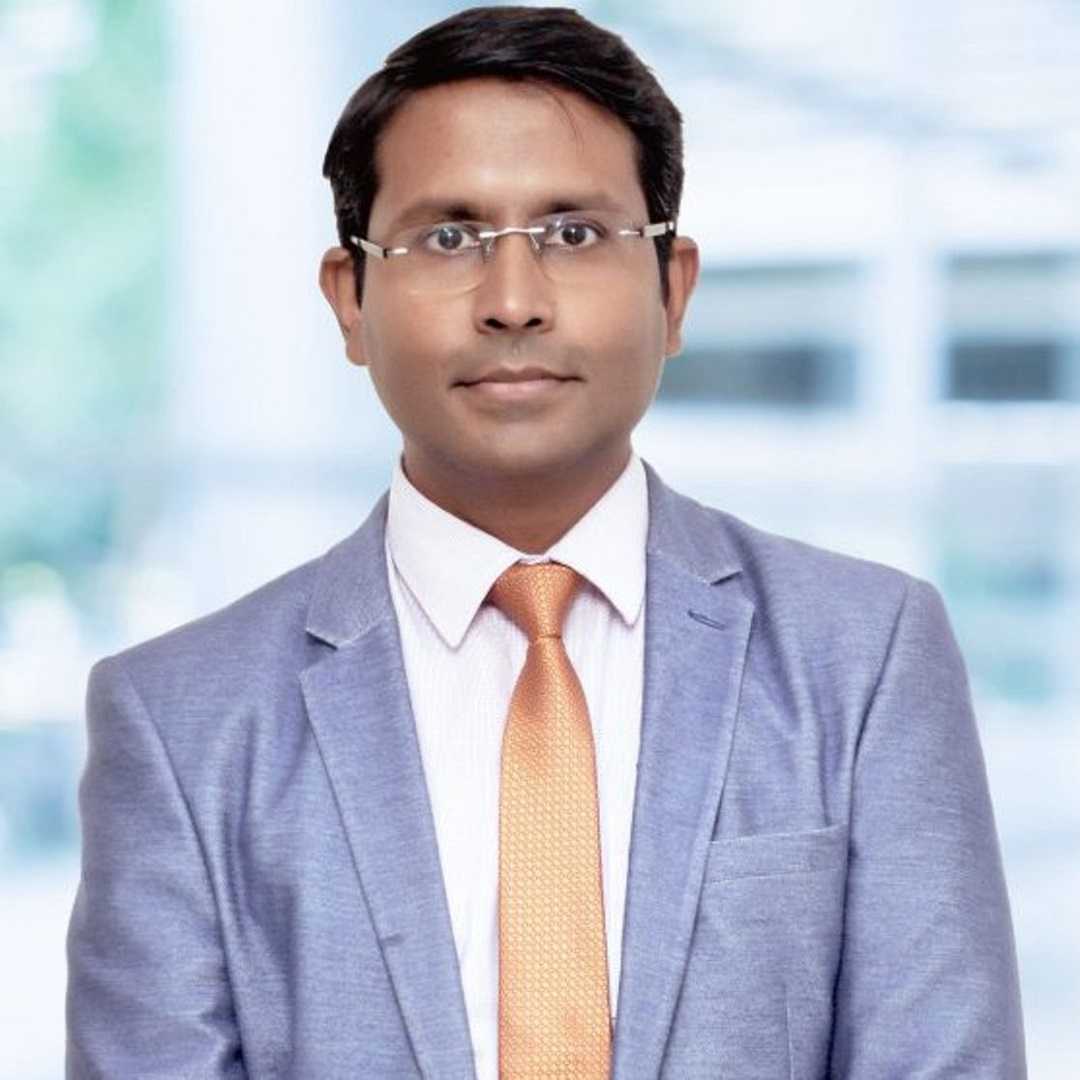
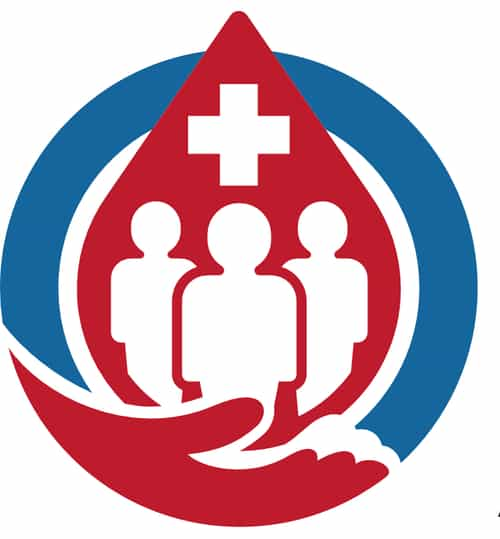
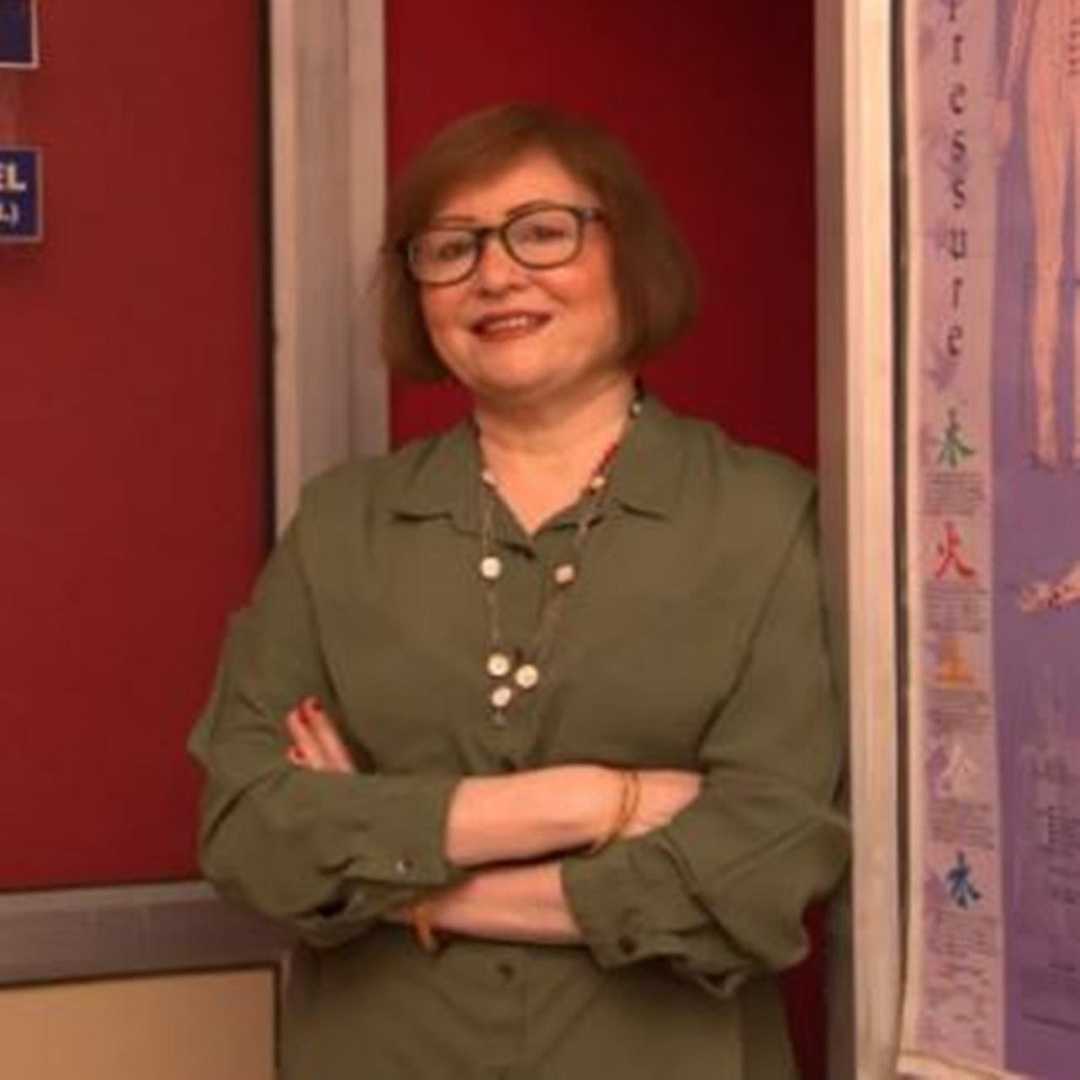
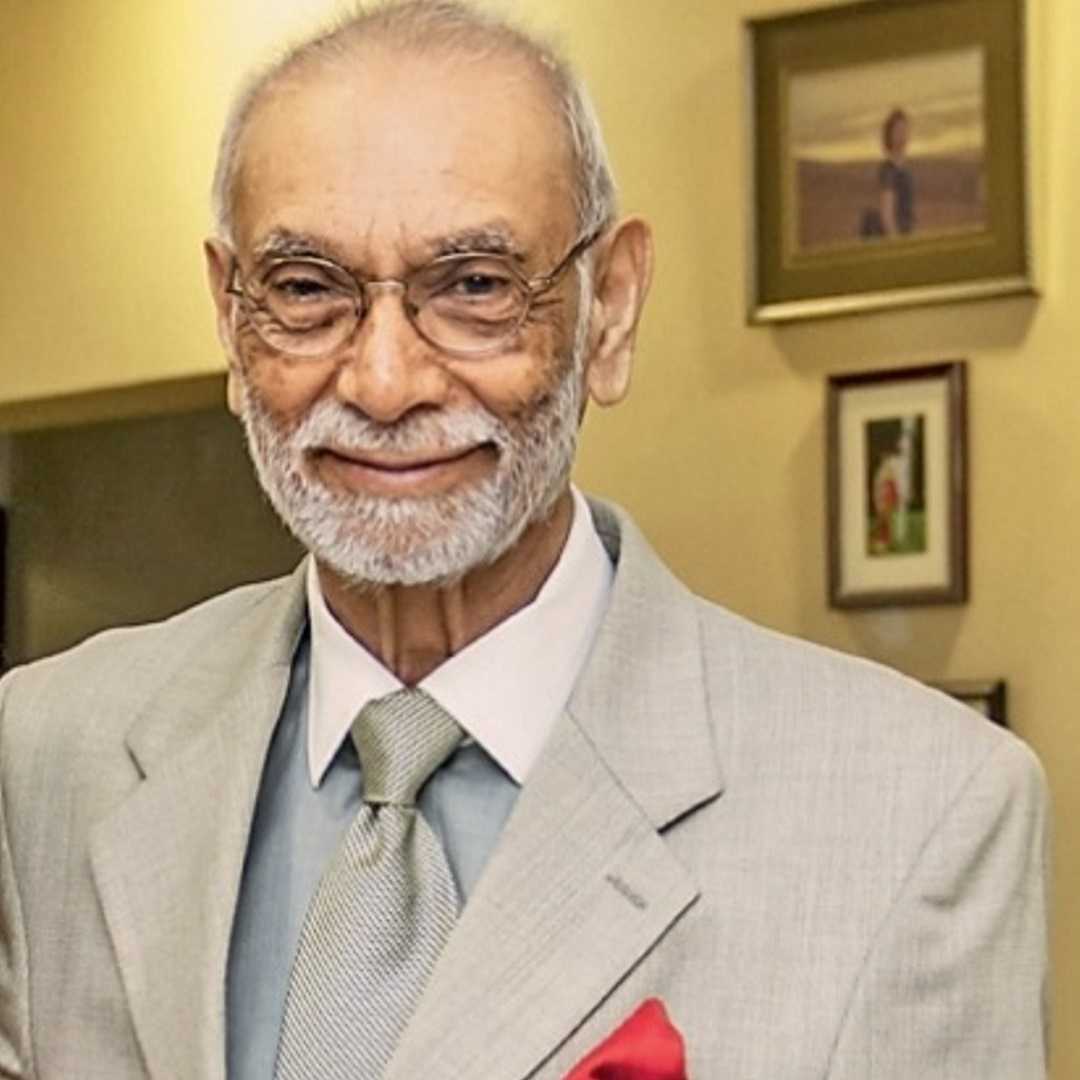
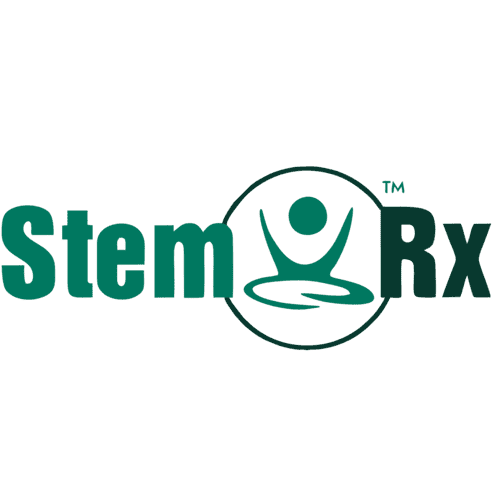
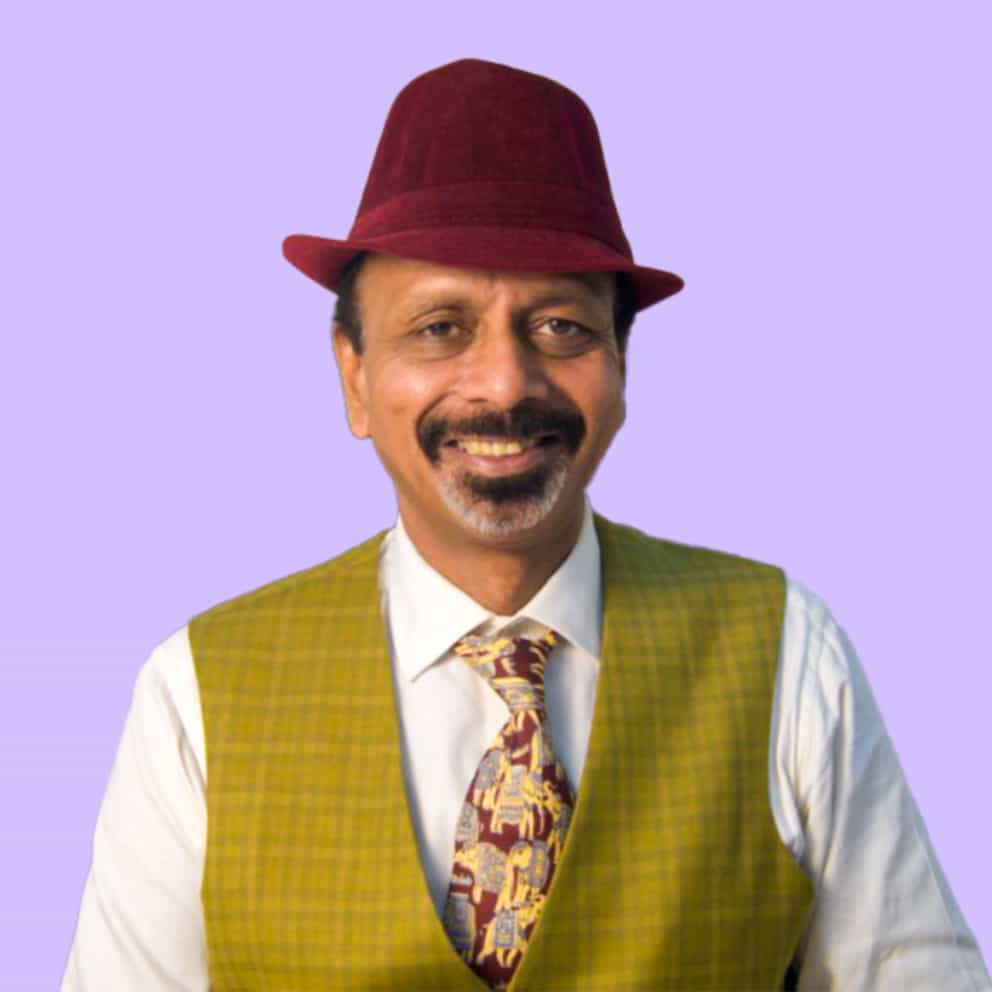
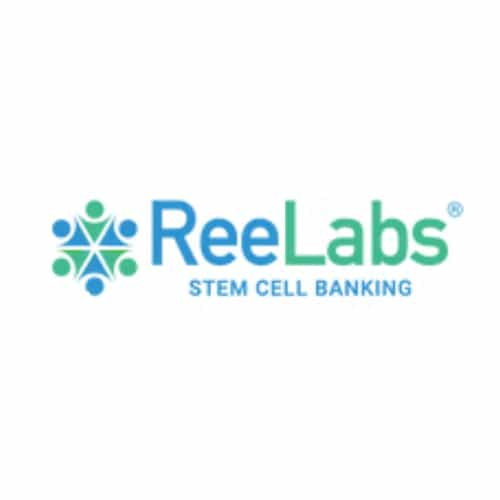
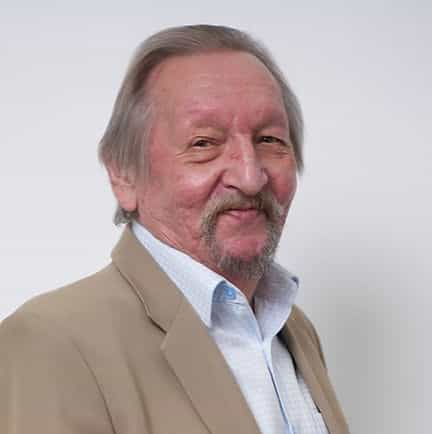
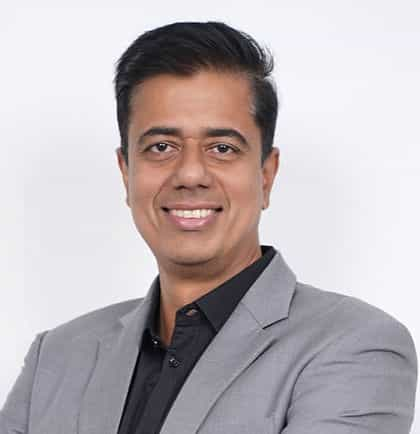
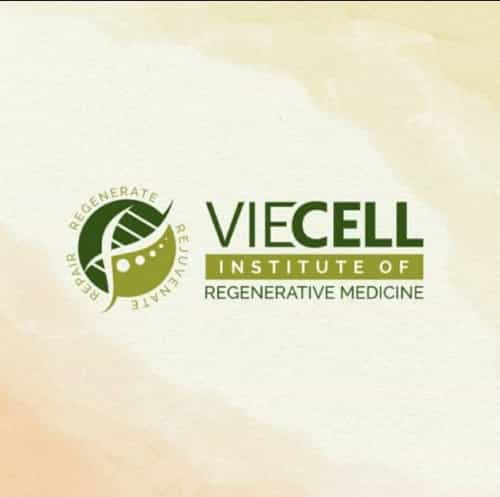

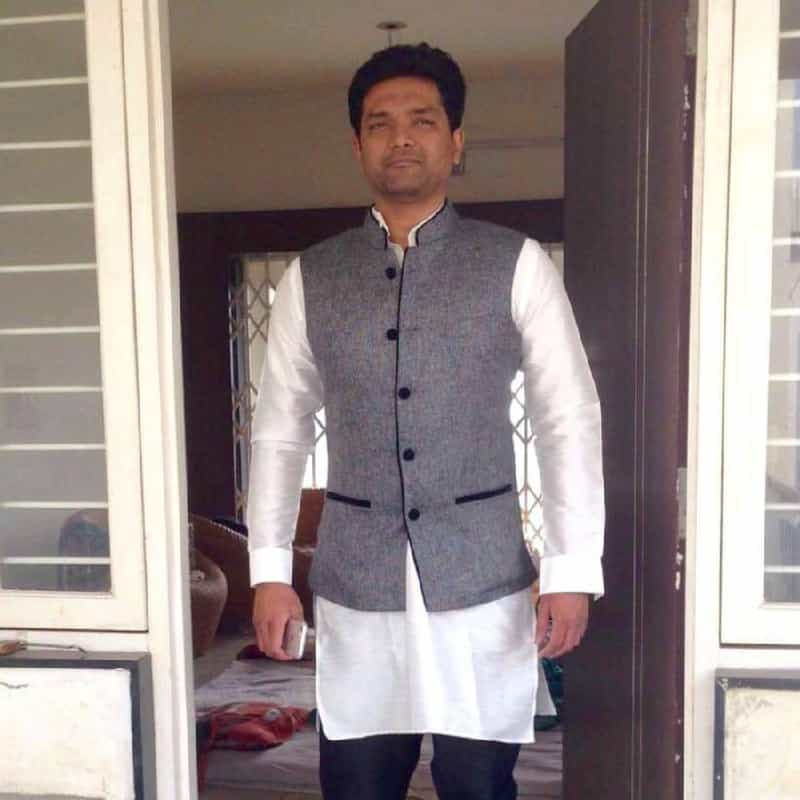
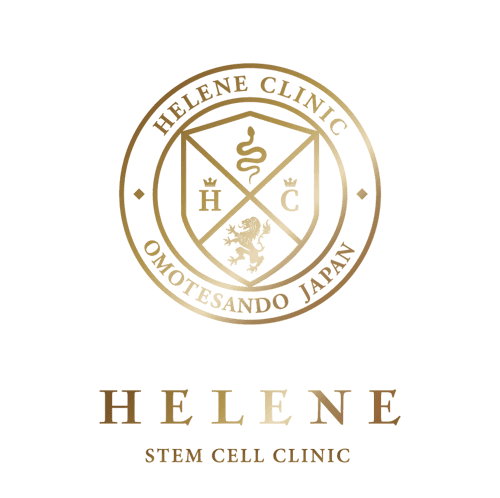
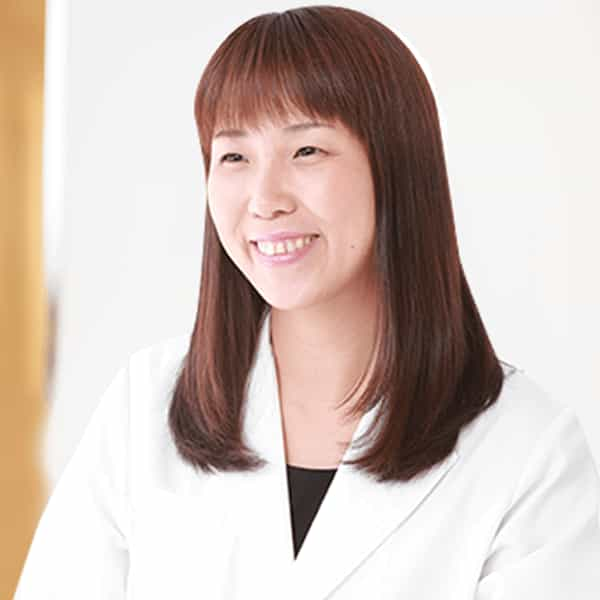
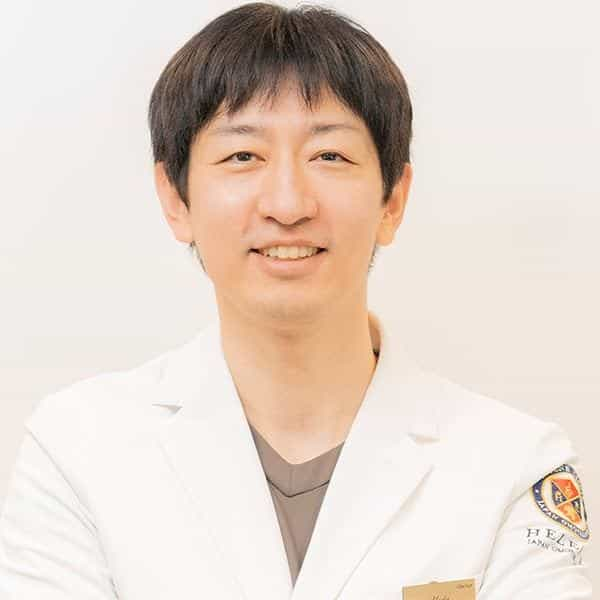
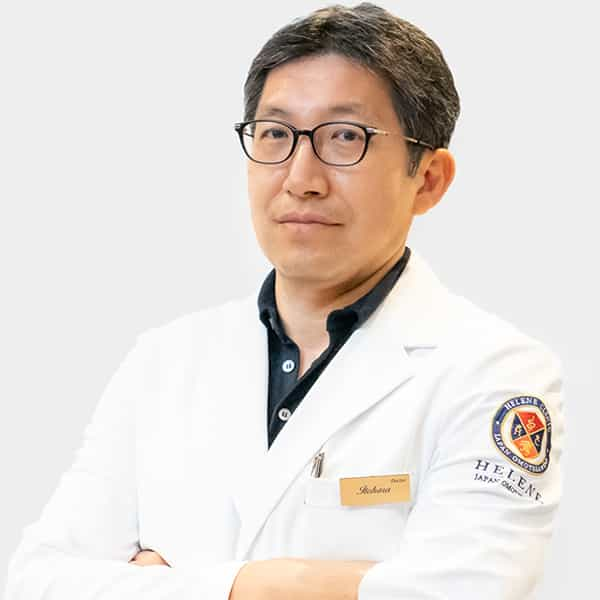

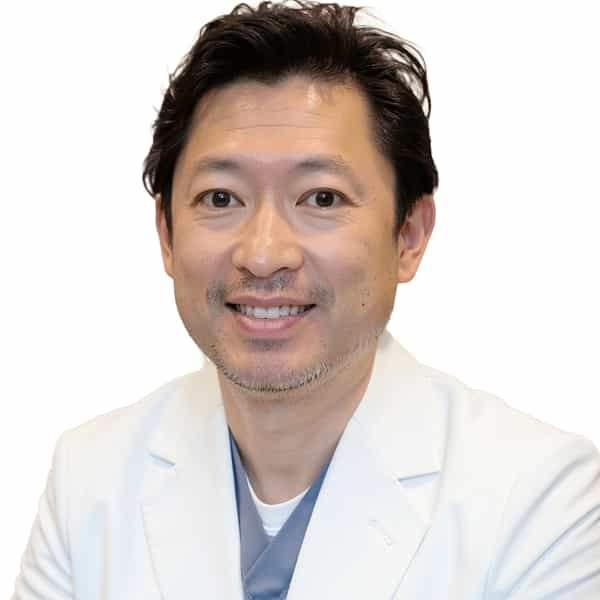
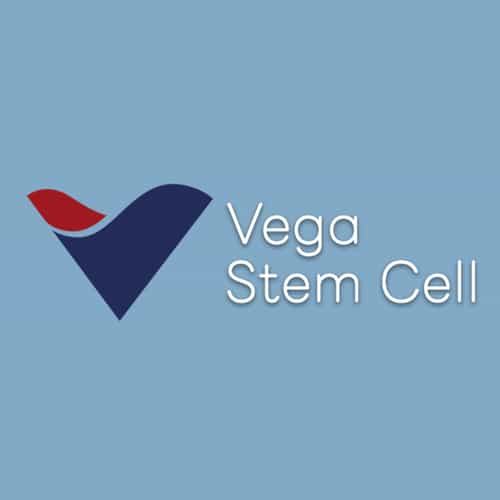
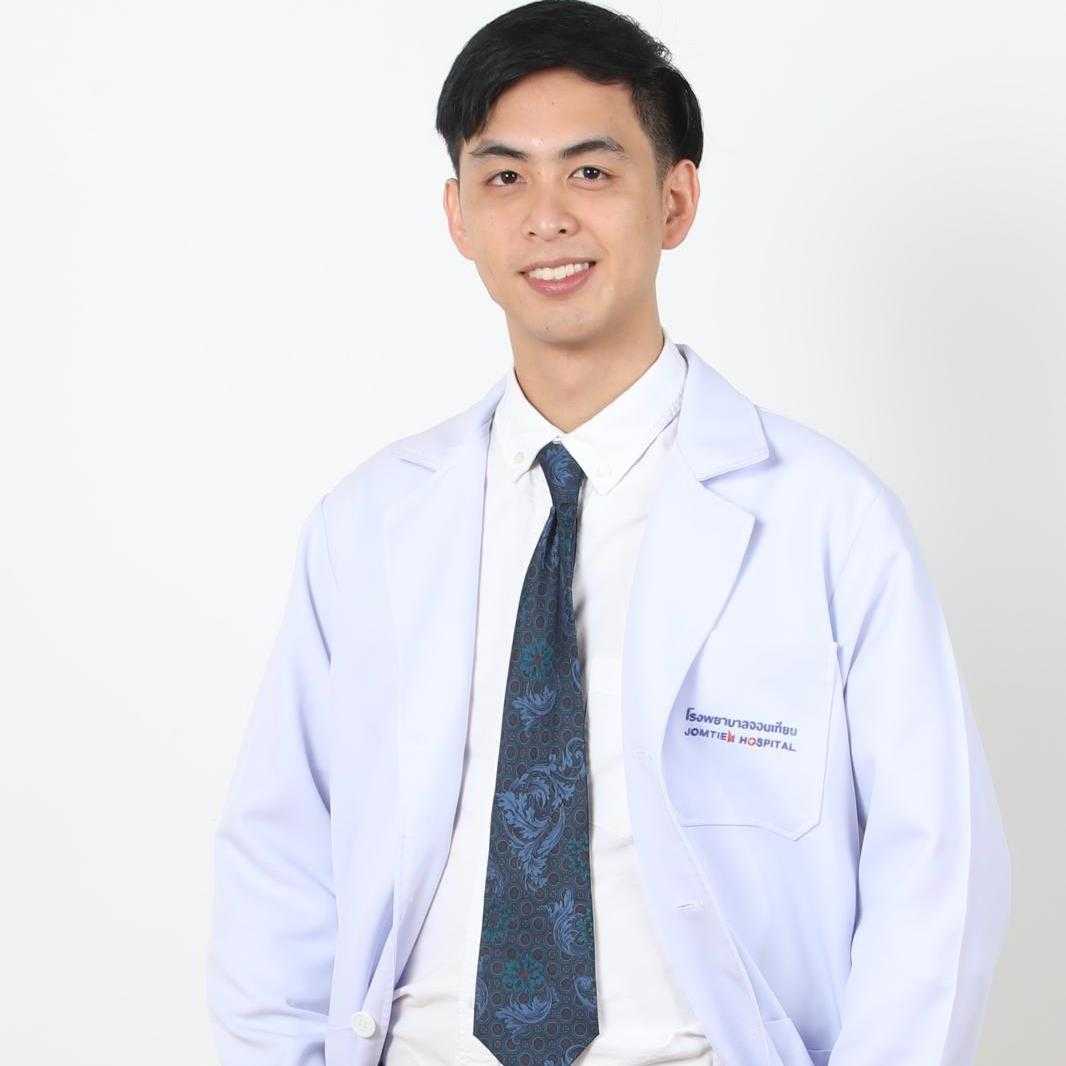
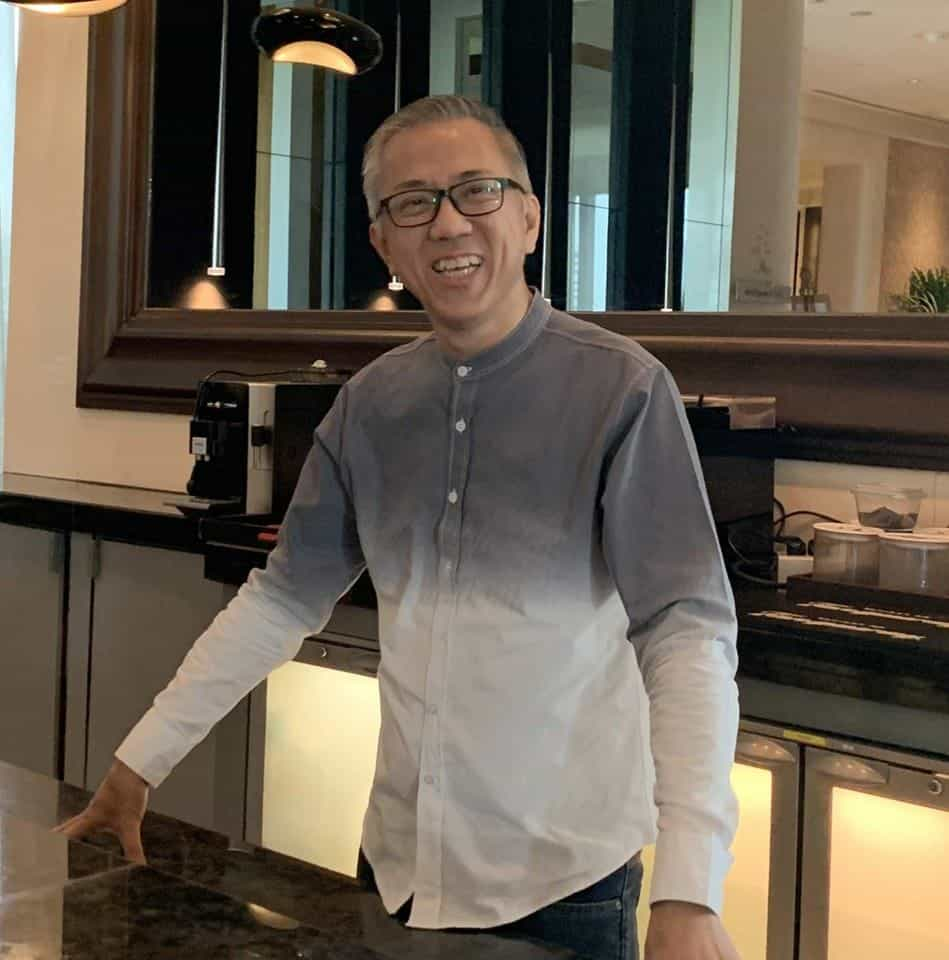

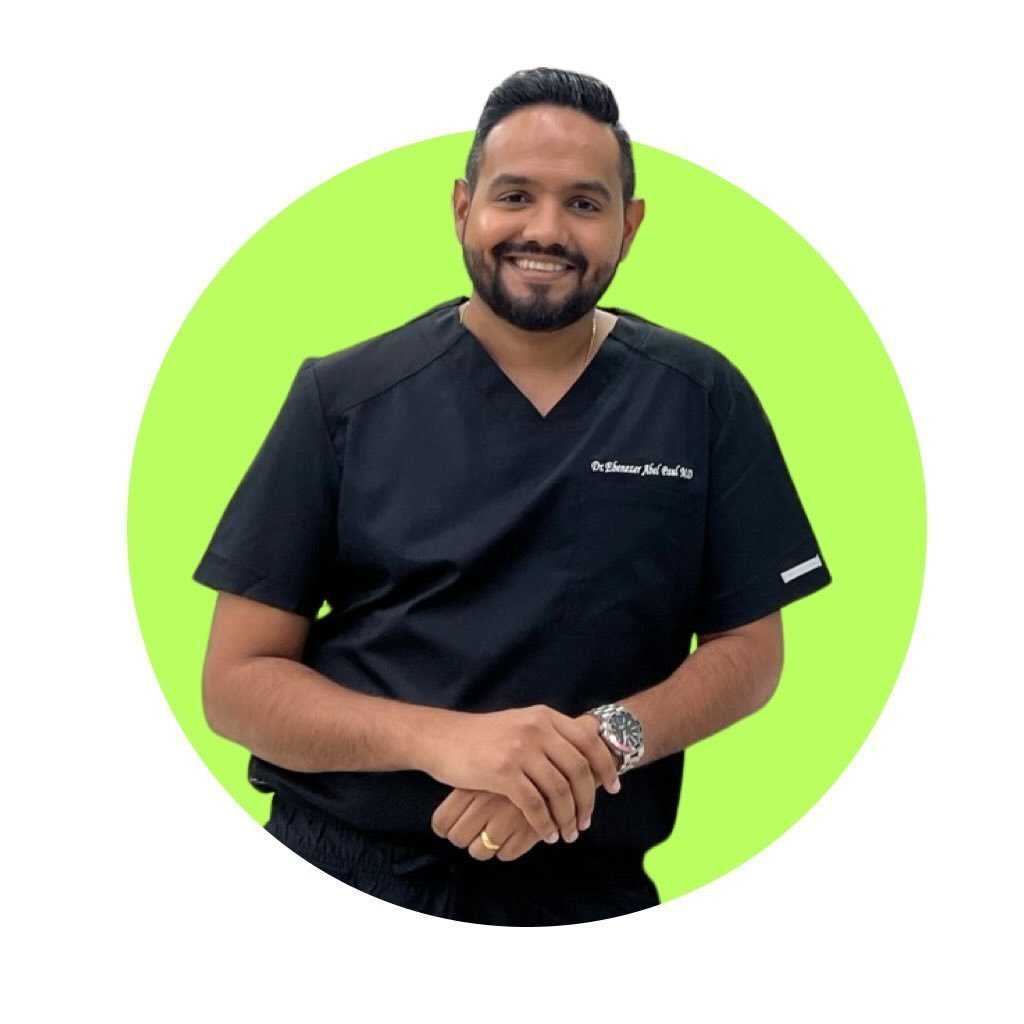
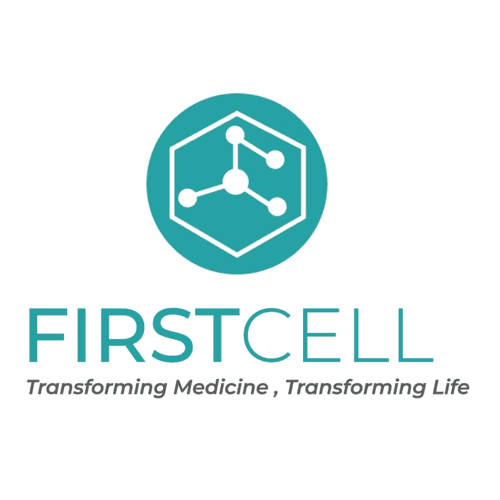
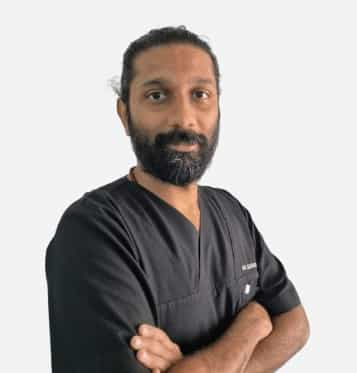
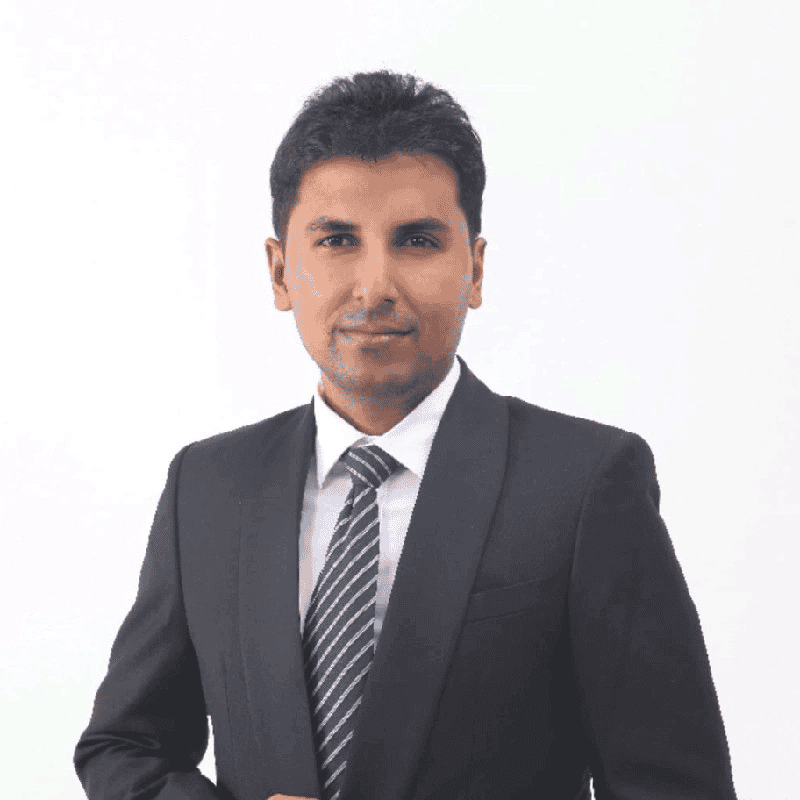
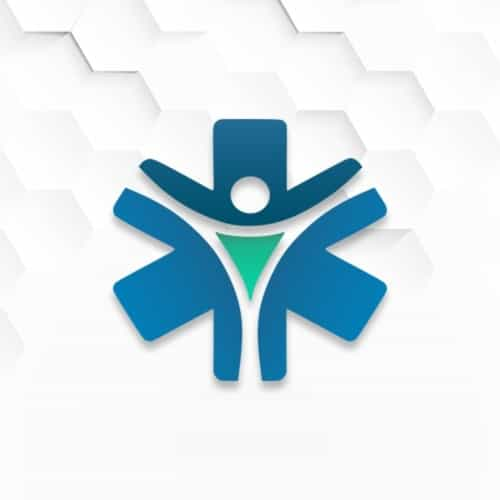
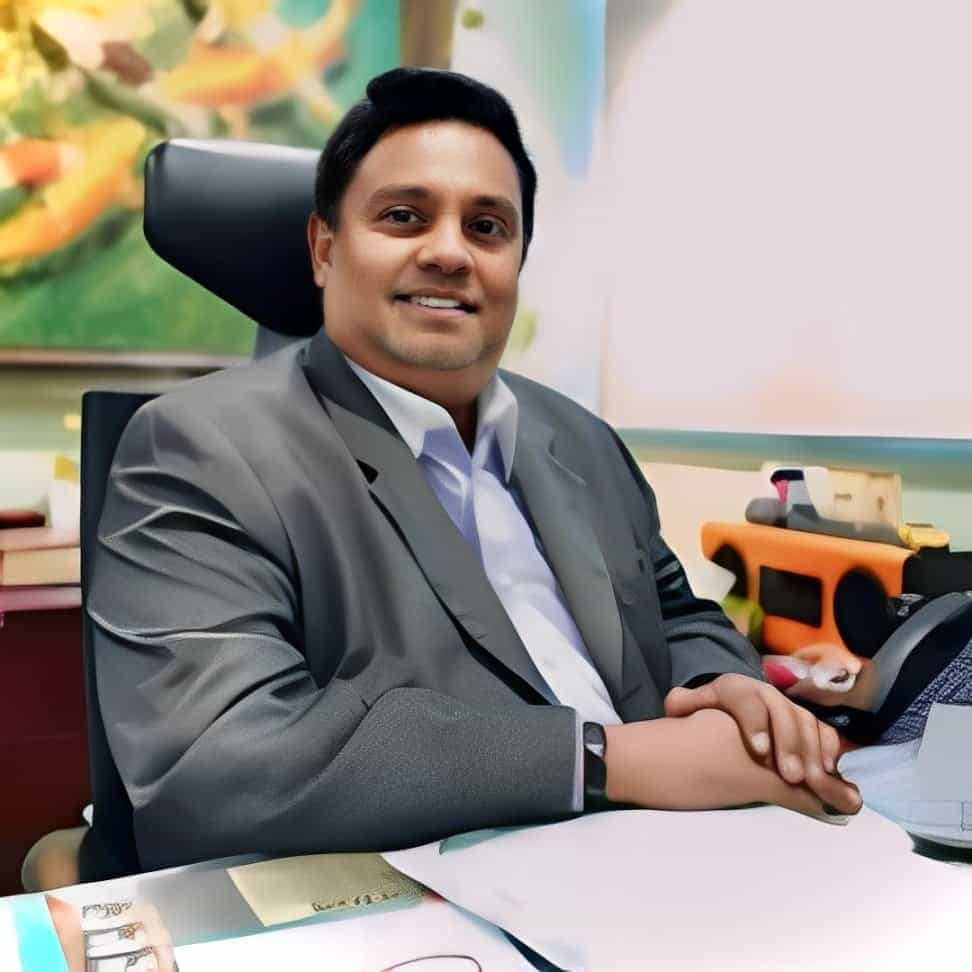
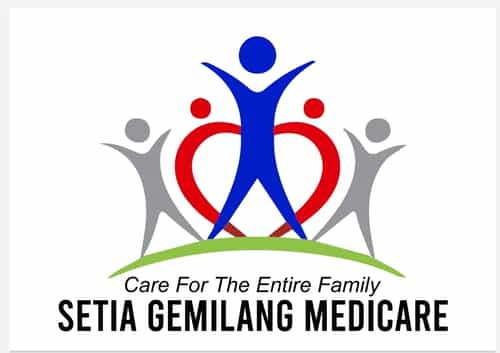
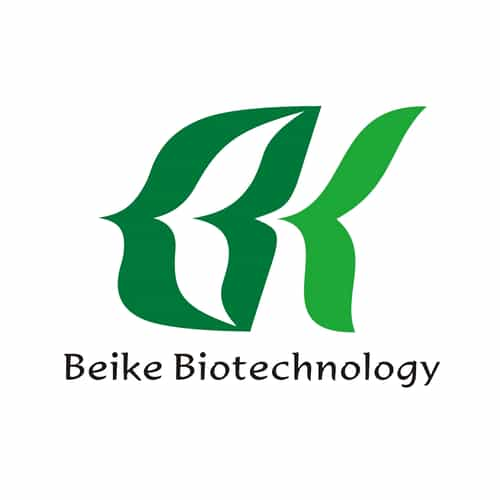
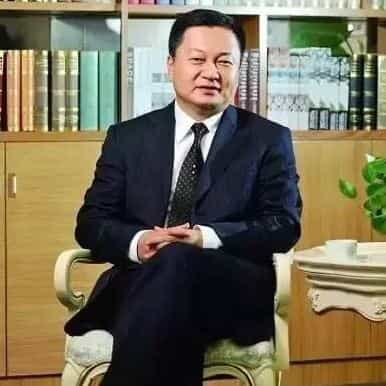
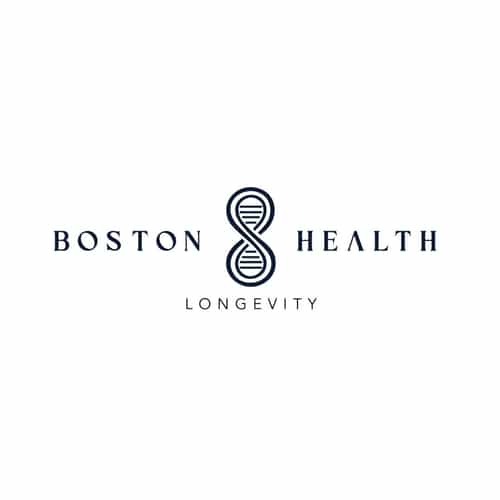
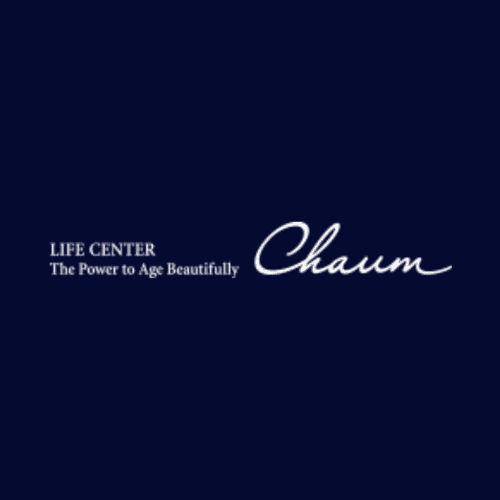
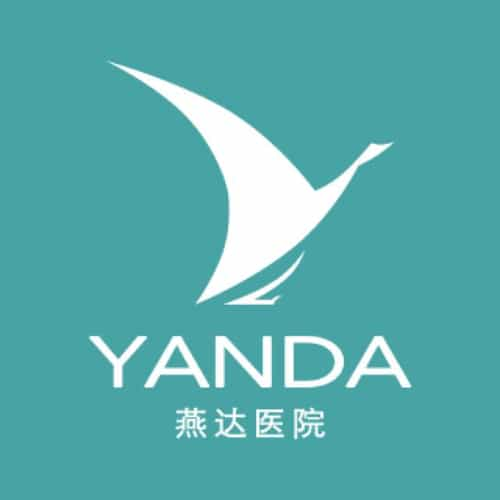
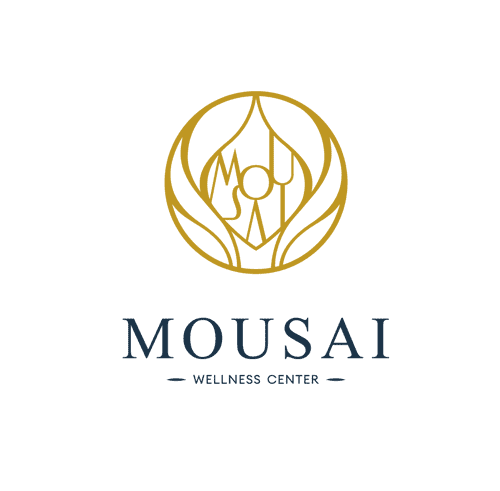
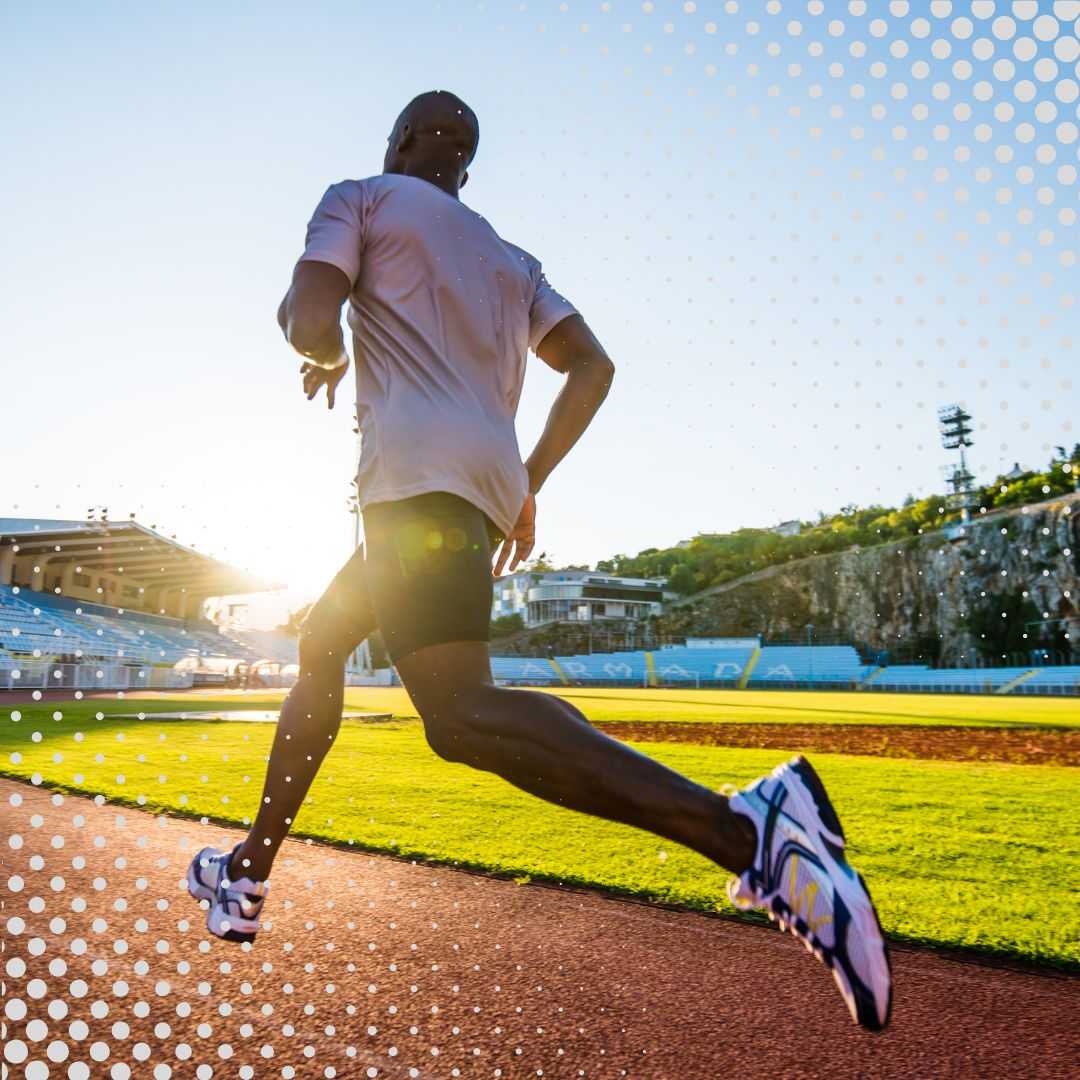
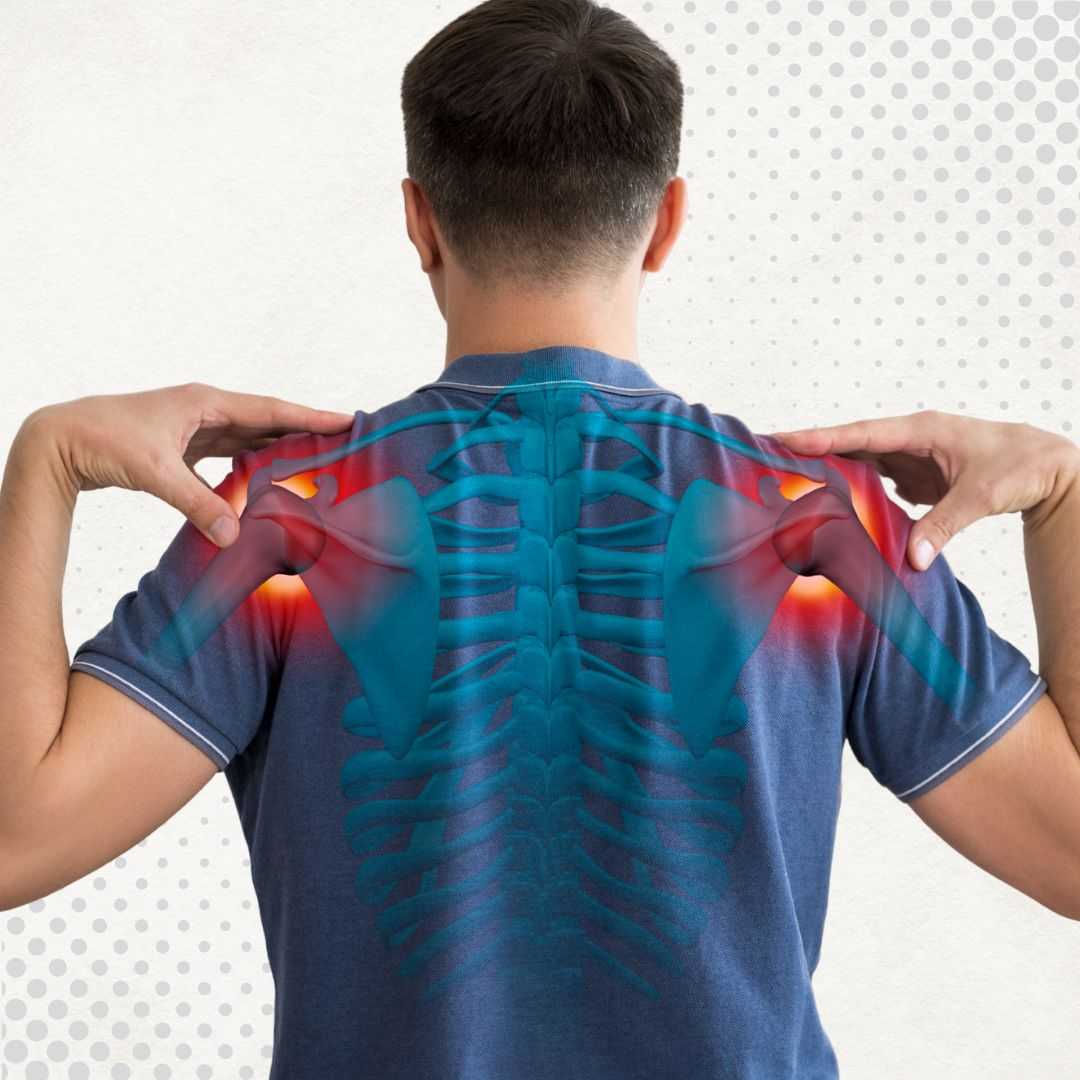

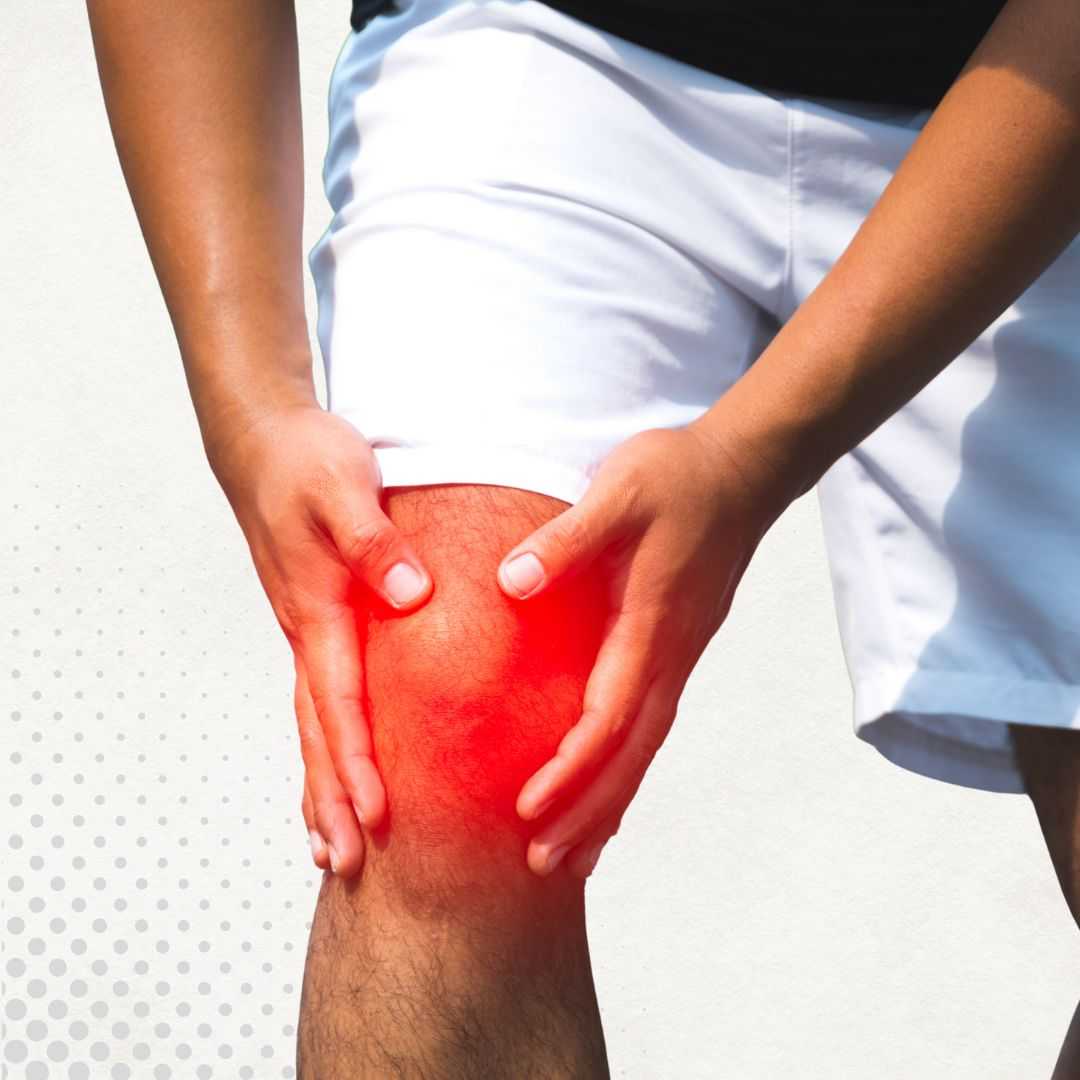

.png)

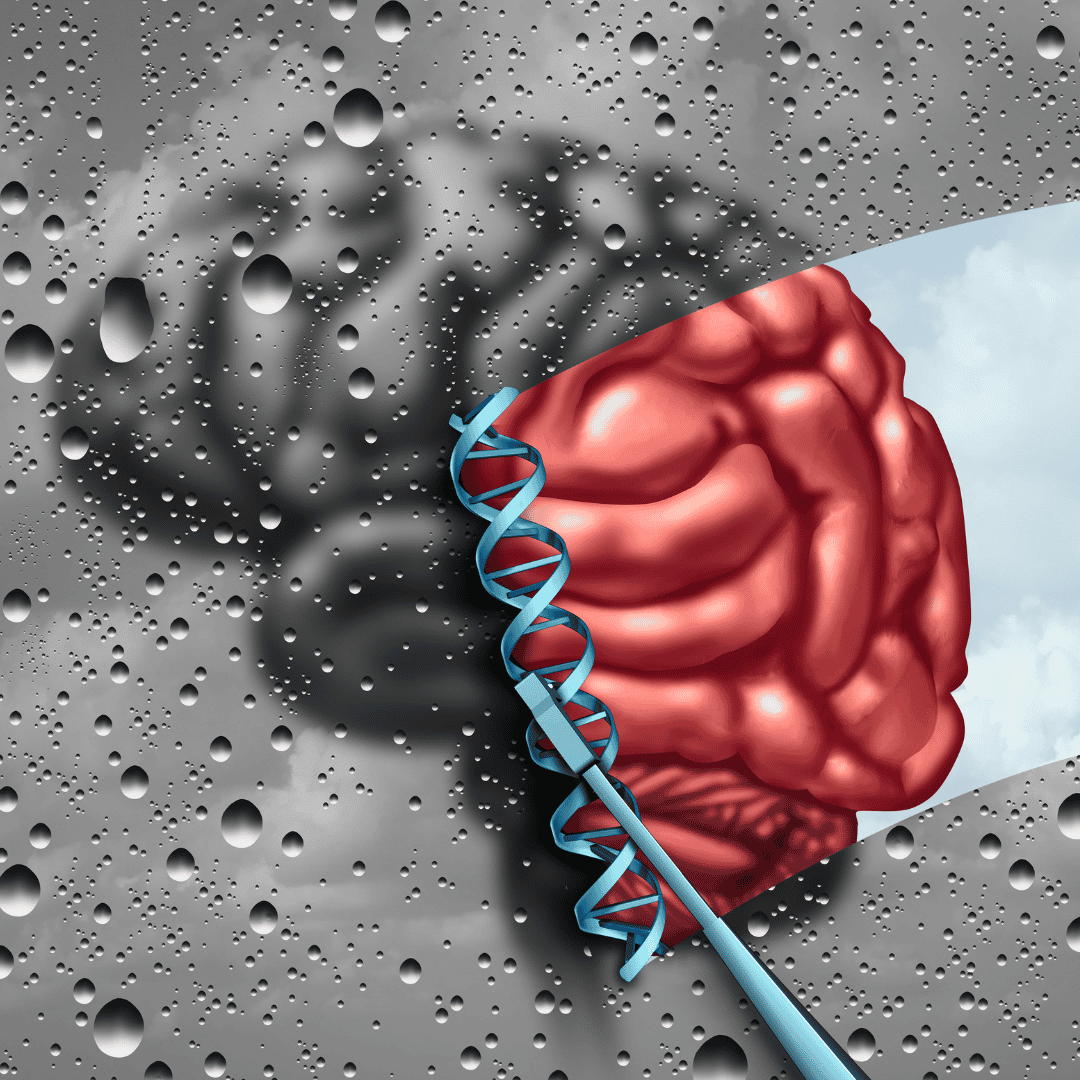

Doctor was very clear
Read More